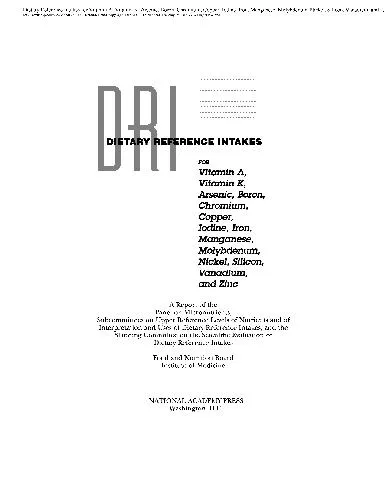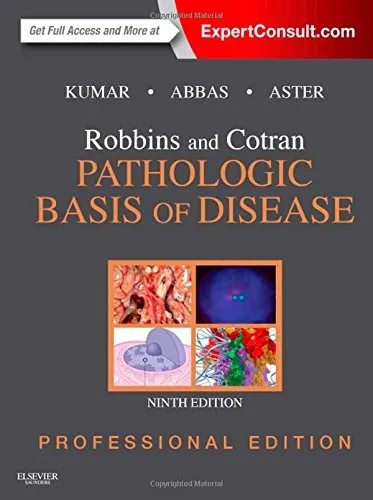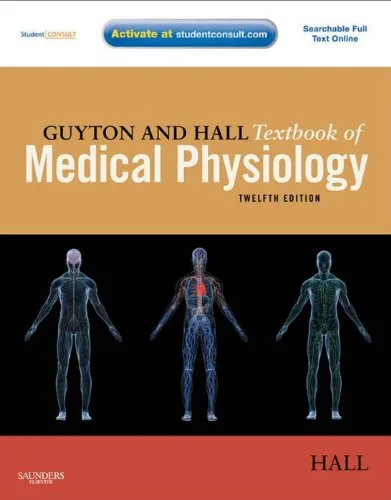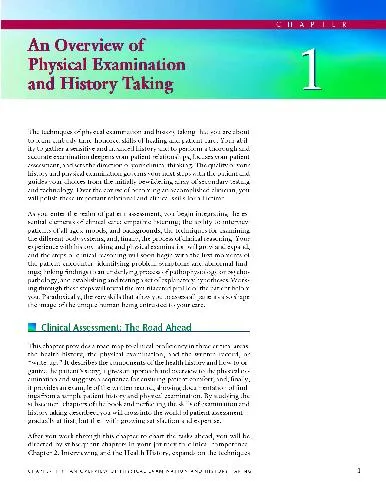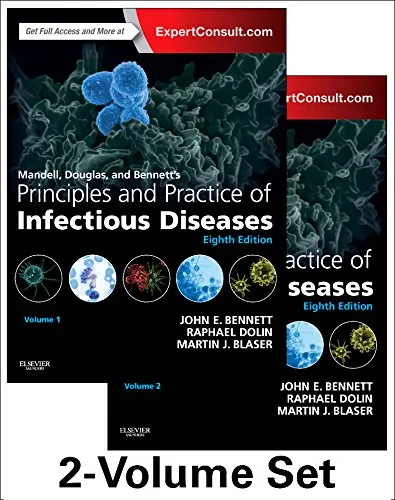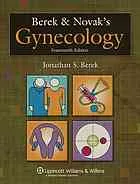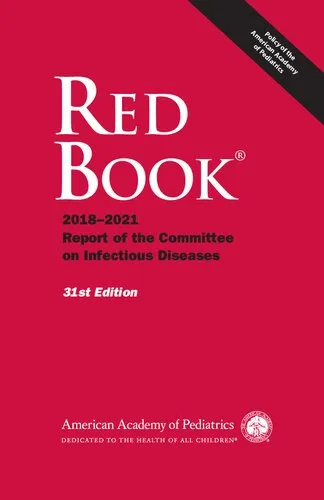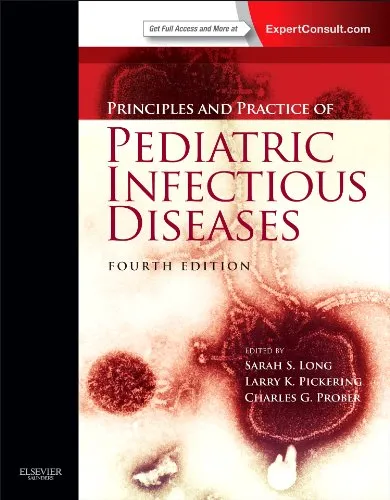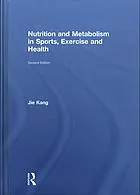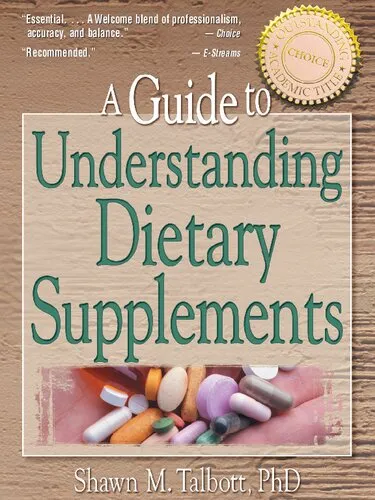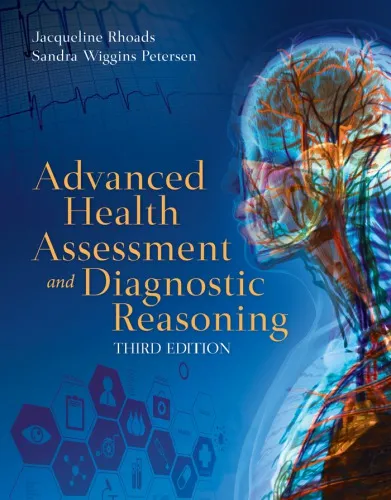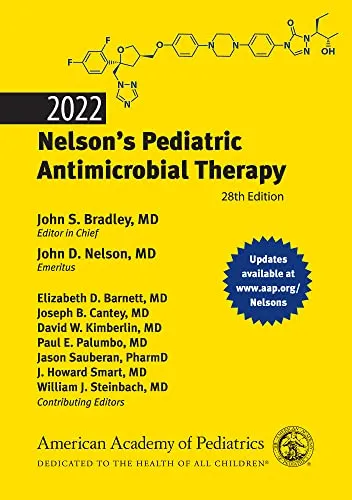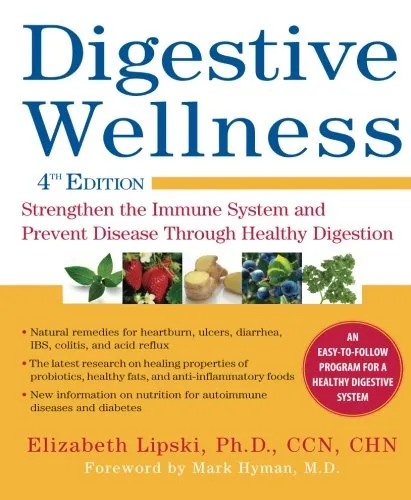Dri Dietary Reference Intakes for Vitamin A, Vitamin K, Arsenic, Boron, Chromium, Copper, Iodine, Iron, Manganese, Molybdenum, Nickel, Silicon, vanadi: Um, and Zinc
4.5
Reviews from our users

You Can Ask your questions from this book's AI after Login
Each download or ask from book AI costs 2 points. To earn more free points, please visit the Points Guide Page and complete some valuable actions.Related Refrences:
Introduction to the Book
Welcome to the comprehensive guide on the dietary reference intakes for a selection of essential vitamins and minerals. This book, 'DRI Dietary Reference Intakes for Vitamin A, Vitamin K, Arsenic, Boron, Chromium, Copper, Iodine, Iron, Manganese, Molybdenum, Nickel, Silicon, Vanadium, and Zinc,' provides critical insights into the development of nutrient reference values for diverse populations. Its detailed exploration is aimed at professionals in nutrition and health, offering an invaluable resource for dietetic planning and policy formulation.
Detailed Summary of the Book
The book discusses the science and rationale behind establishing dietary reference intakes (DRIs) for various vitamins and trace elements. Each section of the book delves into the physiological roles, health impacts, dietary sources, and recommended intake levels of each nutrient. The DRIs serve as a guideline for determining daily intake levels to prevent deficiency-related diseases while minimizing the risk of toxicities.
The text presents a thorough evaluation of the available research and evidence on nutrient requirements, considering factors such as age, sex, and life stage. The book also addresses potential interactions between nutrients and considers the effects of these interactions on human health. Through rigorous analysis, it outlines the upper limits for nutrient intake to guide safe consumption levels.
Key Takeaways
- Understanding the role of each vitamin and mineral in maintaining health and preventing chronic diseases.
- Comprehensive guidelines for daily nutrient intake tailored to different population groups.
- The importance of a balanced diet and the impact of over- or under-consumption of micronutrients.
- Insights into nutrient-nutrient interactions and their implications for dietary planning.
Famous Quotes from the Book
"The intricacies of human nutrition require a delicate balance of respecting the complexity of biological systems while adhering to the simplicity of practical dietary guidance."
"Through understanding the role of each nutrient, we empower individuals to make informed choices that promote lifelong health and wellness."
Why This Book Matters
This book stands as a cornerstone reference for health professionals, policy-makers, and nutrition educators. Its evidence-based recommendations are crucial for developing dietary guidelines and nutritional standards. By clarifying the relationships between nutrient intake, health promotion, and disease risk reduction, the book provides a scientific foundation for advancing public health initiatives globally.
With the increasing prevalence of diet-related chronic diseases, understanding and applying the concepts within this book become all the more critical. It offers practical advice on navigating the complexities of modern diets, ensuring that nutritional practices are grounded in the latest scientific research.
Free Direct Download
You Can Download this book after Login
Accessing books through legal platforms and public libraries not only supports the rights of authors and publishers but also contributes to the sustainability of reading culture. Before downloading, please take a moment to consider these options.
Find this book on other platforms:
WorldCat helps you find books in libraries worldwide.
See ratings, reviews, and discussions on Goodreads.
Find and buy rare or used books on AbeBooks.
